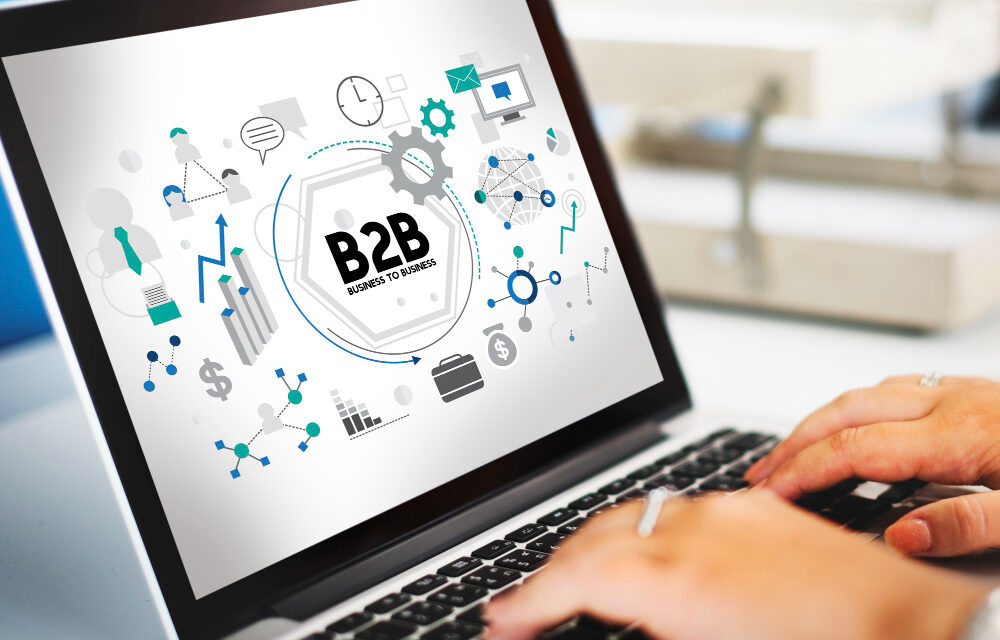In the rapidly evolving landscape of business-to-business (B2B) transactions, data has emerged as a crucial asset that can drive strategic decision-making and fuel growth. B2B data enrichment, a process that involves refining and enhancing existing business data, has become a game-changer for companies looking to gain a competitive edge. This article explores the significance of B2B data enrichment and how businesses can leverage this practice to unlock new opportunities and foster long-term success.
Understanding B2B Data Enrichment:
B2B data enrichment is the process of augmenting and refining the information within a company’s database to ensure accuracy, completeness, and relevance. This enrichment can involve adding new data points, updating existing information, and eliminating obsolete or redundant data. The goal is to create a more comprehensive and actionable dataset that can empower businesses in their decision-making processes.
Key Benefits of B2B Data Enrichment:
- Enhanced Targeting and Personalization: Enriched data enables businesses to gain deeper insights into their target audience. By understanding the specific needs and preferences of potential clients, companies can tailor their marketing and sales efforts more effectively, leading to higher engagement and conversion rates.
- Improved Lead Scoring and Segmentation: B2B data enrichment contributes to more accurate lead scoring and segmentation. By analyzing enriched data, businesses can prioritize leads based on their potential value, ensuring that sales teams focus their efforts on the most promising opportunities.
- Increased Sales and Marketing Efficiency: With enriched data, sales and marketing teams can streamline their processes and work more efficiently. Access to up-to-date and accurate information reduces the time spent on manual research and allows teams to focus on building meaningful relationships with clients.
- Better Decision-Making: Enriched data provides a solid foundation for strategic decision-making. Businesses can rely on accurate and relevant information to assess market trends, identify opportunities, and make informed decisions that align with their overall objectives.
Implementing B2B Data Enrichment Strategies:
- Data Cleansing: Start by cleaning existing data to remove duplicates, inaccuracies, and outdated information. This ensures that the enriched dataset is built on a foundation of high-quality, reliable data.
- Third-Party Data Sources: Consider leveraging third-party data sources to supplement and enrich internal datasets. These sources can provide additional insights, such as company size, industry trends, and key decision-makers within target organizations.
- Automation and Technology: Explore the use of automation tools and technology to streamline the B2B data enrichment process. Automated solutions can help in real-time data updates, ensuring that the information remains current and relevant.
- Compliance and Data Security: Prioritize data compliance and security to maintain the trust of clients and partners. Adhere to relevant data protection regulations and implement robust security measures to safeguard sensitive information.
Conclusion:
B2B data enrichment is a powerful tool for businesses seeking to stay ahead in today’s competitive market. By investing in the accuracy and relevance of their data, companies can unlock new opportunities, foster stronger customer relationships, and make well-informed decisions that drive sustainable growth. As technology continues to advance, B2B data enrichment is likely to remain a cornerstone of successful B2B strategies, helping businesses navigate the complexities of the modern business landscape with confidence and agility.

